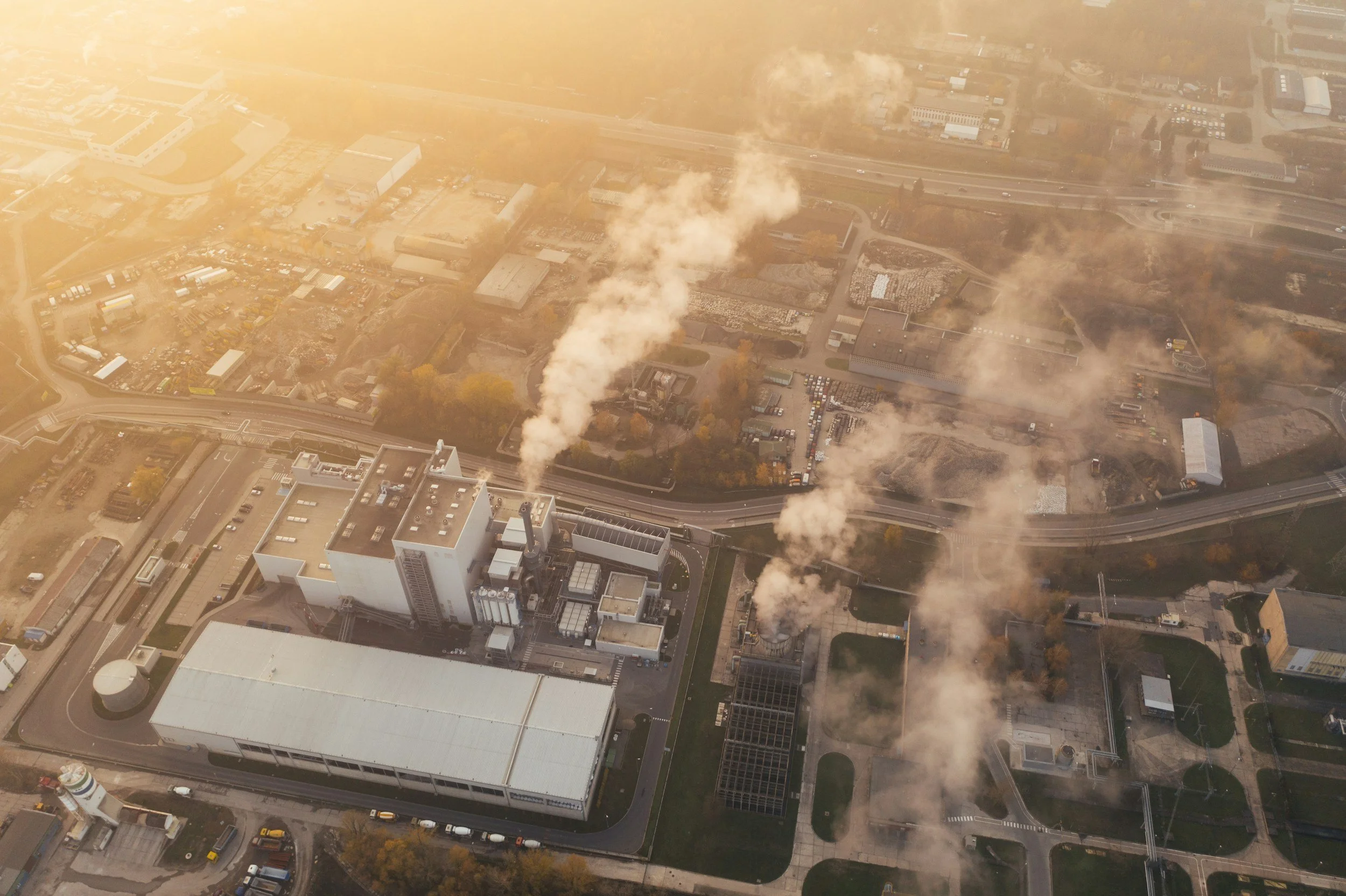New UK Hub Uses Microbes to Turn Waste into Sustainable Materials
A cutting-edge research and innovation hub is set to revolutionise UK manufacturing by turning industrial waste into high-value, sustainable products using engineered microbes.
Industrial waste production Credit: Marcin Jozwiak (Unsplashed)
The £14 million Carbon-Loop Sustainable Biomanufacturing Hub (C-Loop) will develop new ways to convert carbon-rich waste—typically destined for landfill—into next-generation materials, including pharmaceuticals, cosmetics, and other essential chemicals. The initiative aims to shift production away from fossil fuel-based methods and toward a circular economy model.
Led by the University of Edinburgh, the hub will pioneer developments in engineering biology, a field that applies engineering principles to biological systems to develop innovative technologies. The project brings together leading institutions including the Universities of Manchester, Nottingham, Surrey, University College London, and Imperial College London.
“C-Loop brings together diverse expertise from across academic disciplines, industrial sectors, and the entire value chain to drive the growth and scale-up of this emerging technology, unlocking its full climate and economic potential,” said Professor Stephen Wallace, Director of C-Loop and Chair of Chemical Biotechnology at the University of Edinburgh.
Supported by Edinburgh Innovations, the University’s commercialisation service, the hub boasts a consortium of over 40 industry partners spanning seven key sectors. It will also house the UK’s first BioFactory, a specialised platform for waste stream analysis, sustainability assessment, and industrial-scale testing.
The project has received £11 million in funding from the Engineering and Physical Sciences Research Council (EPSRC), part of UK Research and Innovation (UKRI), and is one of four UK-wide sustainable manufacturing hubs announced by the council.
“There’s no time to waste in getting to no waste,” said Dr Jen Vanderhoven, COO at the Bio-based and Biodegradable Industries Association (BBIA) and Chair of the C-Loop Board. “This project not only tackles environmental challenges, but unlocks major economic opportunities through the production of sustainable chemicals.”
The C-Loop hub will engage microbiologists, chemists, engineers, and sustainability experts to create entirely new supply chains. By doing so, it aims to accelerate the commercial adoption of sustainable technologies and reduce reliance on fossil fuels.
“These hubs will play a vital role in reshaping manufacturing to help the UK achieve green growth,” said Professor Charlotte Deane, Executive Chair of EPSRC. “By combining deep research expertise with real-world partnerships, they will deliver the tools and systems needed for clean, competitive and resilient industries.”
To read more about this story click here!

